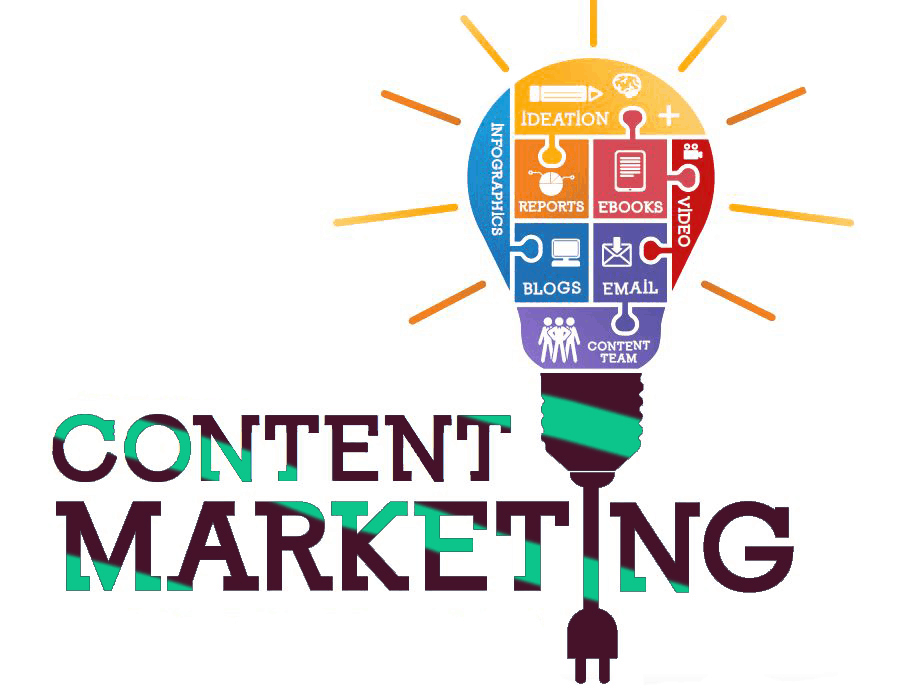Digital transformation is ubiquitous across most industries, including healthcare. Yet, the healthcare industry is experiencing tremendous challenges in terms of retaining clients and reaching new ones. The healthcare industry is one of the largest, generating $2.5 trillion per year, and it continues to grow at exponential rates. There are many opportunities to grow a healthcare business, but the execution is critical, and messaging is everything if you want to keep a competitive edge.
Digital advances affect not only services but also marketing tools and approaches as clients, prospects and referral sources are using digital platforms and social media as a source of news and information. This shift to a digitally driven world makes it critical for healthcare companies and organizations that want to grow and compete in this changed marketplace to embrace new methods to establish themselves as trusted authorities and make meaningful connections with customers and patients.
The digital media industry is projected to grow 10.25% by 2025 with a 25% increase in internet traffic annually during the next two years. These dramatic shifts in how customers and patients learn about products and services and engage with their providers creates fertile ground for healthcare professionals to have the opportunity to leverage content across multiple platforms. This opens the door for professionals to market and target existing and new audiences, in a time-efficient way.
The following outline provides strategies for healthcare professionals and businesses of all sizes and specialties, which includes an integrated approach blending media relations, marketing, social media and influencer marketing.
Produce Valuable Resources for Clients
When it comes to the healthcare industry, nothing is more important than stakeholder communications. Patients that sign up for newsletters, for example, don’t want an endless reminder that they are ill or amid a series of medical treatments. The world is already crowded with thousands of other health newsletters. Focus instead on creating thoughtful, personalized emails that direct readers to a more detailed analysis of a policy update, timely updates or wellness event of interest. As a result, healthcare professionals can create a genuine platform that keeps them top of mind while also building trust.
Build A Digital Content Portal – For All to Access
The saying “you never get a second chance to make a first impression” couldn’t be truer today. Website visitors determine any professional’s trustworthiness based on how a site looks and the information provided. Crafting a website with specialty-specific resources and fresh content positions your healthcare entity as a trustworthy source. Valuable content such as blog posts, patient testimonials, case studies, timely webinars, speaking engagements and podcasts will drive internet traffic while improving search engine rankings and reinforcing credibility.
It’s All About Thought Leadership
Thought leadership is a vehicle that leverages your expertise and passion for helping others to consistently answer the questions of your target audience. It humanizes a business or organization, establishes authority and builds trust. Writing byline articles or modifying existing content to be published in credible news outlets, such as industry trade media, or consumer and mainstream media will create visibility among target audiences. This exposure opens the door to an array of content-driven marketing strategies across an organization’s website, social media channels and more.
Go Where Your Patients are Getting News & Information: Social Media
More and more of the public are taking to social media for healthcare news and resources. When activated correctly, social media campaigns will help healthcare professionals build their digital network, drive brand visibility and direct traffic to the digital content portal within their organization’s website. Additionally, healthcare professionals can use social media to drive two-way engagement that allows them to uncover stakeholder information needs so they can provide invaluable resources.
Influencer Marketing and Authenticity
Healthcare has become increasingly popular across social media platforms such as TikTok and Instagram. When done right, influencer marketing is all about making a difference. According to a study, 79% of patients turn to social media to find information related to their personal experiences. The personal nature of sharing a healthcare journey creates an emotional connection between the influencer and their followers. This makes it more likely that an influencer’s followers will trust them when they recommend products or services. In addition to using influencer marketing to promote specific products, healthcare professionals, businesses and organizations can leverage influencers to promote their organizations, such as hospitals or other health-related services and brands.
No healthcare professional can successfully execute a business strategy without an innovative and thoughtful digital campaign combining traditional marketing and public relations methods. The digital evolution has opened the doors to infinite opportunities for healthcare organizations to put original ideas directly in front of target audiences through a range of different channels. By creating a digital campaign that leverages an integrated approach, health leaders will successfully establish clear authority, communicate innovatively to their audiences and reach those that are critical to the long-term success of their businesses and organizations.

Michael Rinaldo
Michael Rinaldo, President of Interdependence PR, oversees the firm’s healthcare department. Michael has built reputations, brands and businesses over the course of a three-decade career in healthcare public relations. His ability to marry public health needs with business opportunity has helped influence opinion, shape policy and change diagnostic, treatment and care delivery. During his career, Michael has delivered business results and shaped public discourse for some of the largest pharmaceutical and biotechnology companies and most influential healthcare organizations including Novartis, Bayer, Johnson & Johnson, Celgene, Abbott and Susan G. Komen for the Cure.







